
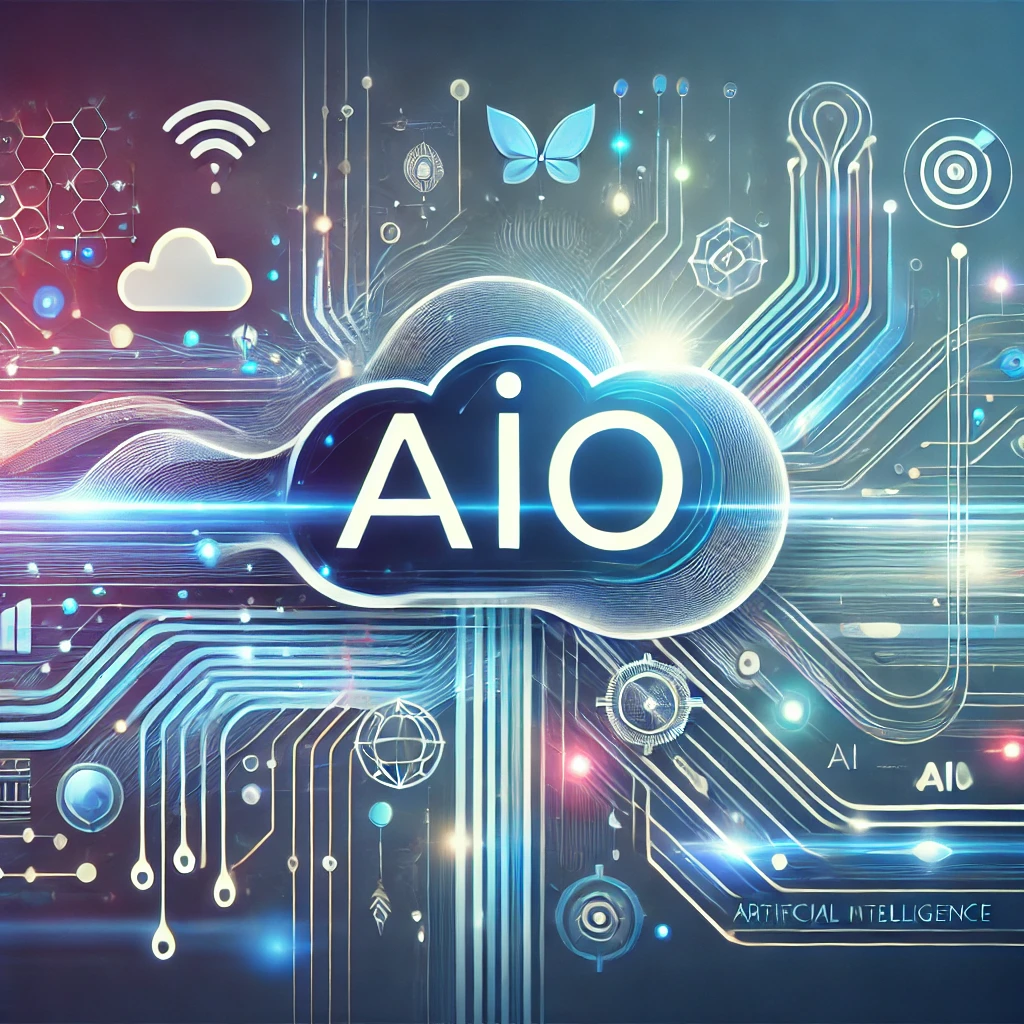
Google AIO
Google’s advancements in artificial intelligence (AI) have consistently reshaped the landscape of digital search and web interactions. The introduction of new generative AI capabilities by tech giants like Google has significant implications for digital marketers, website owners, SEO specialists, and everyday users. This content dives into how these changes impact clicks, traffic, user behavior, and overall search performance.
1. Evolution of Google’s AI in Search
Google’s integration of generative AI in its search engine, known as Google Search Generative Experience (SGE), has brought dynamic changes to how search results are displayed and consumed. This AI-powered interface enhances the traditional search experience by providing more contextually rich responses. These changes aim to simplify the user experience, offering immediate answers that reduce the need to click through to additional web pages. This shift is driven by advancements in natural language processing (NLP) and machine learning algorithms that can synthesize complex information into digestible summaries.
2. Impact on Organic Traffic
The most notable effect of Google’s AI on digital properties is its influence on organic traffic. Websites that rely on high organic search rankings for traffic may notice shifts in user behavior. This is because AI-generated snippets can preemptively answer questions that once drove users to click on links. While this can lead to a reduction in traditional click-through rates (CTR), it also emphasizes the importance of delivering unique, in-depth content that adds value beyond what generative responses provide.
3. CTR and User Interaction
Click-through rates are a critical metric for digital marketing success. The integration of AI in search results, such as enhanced snippets or AI summaries, can both increase and dilute CTR depending on the query type. Informational queries may see decreased clicks since users obtain answers directly on the search results page. However, for complex or transactional searches, users might be prompted to explore more deeply into linked pages.
To adapt, SEO experts should consider optimizing content to fit into featured snippets, ensure schema markup is correctly implemented, and craft compelling meta descriptions and headlines to attract user attention despite AI-generated content.
4. Changes in Search Intent
Understanding search intent becomes increasingly nuanced with AI involvement. As the AI evolves, it seeks to cater to a blend of informational, navigational, and transactional queries. Websites must align their content to address layered search intent. For example, blog posts that once answered basic questions may now need to include comprehensive insights, case studies, or actionable advice to maintain their value.
5. Adapting Content Strategy
Content creators need to recalibrate strategies to remain competitive. This could involve:
- Focusing on E-A-T (Expertise, Authoritativeness, Trustworthiness) to signal high-quality content.
- Integrating multimedia elements such as videos, infographics, and interactive tools that AI cannot replicate as text.
- Leveraging long-tail keywords that reflect more detailed or niche searches, as these often lead users beyond AI summaries to the source content for further details.
6. Measuring and Monitoring Traffic
Webmasters should continuously monitor traffic metrics using tools like Google Search Console and analytics platforms. Observing changes in impressions, CTR, and average position provides insight into how generative AI impacts your site specifically. A downward trend in clicks from previously high-performing keywords may signal the need for content updates or a pivot in strategy.
7. Potential Benefits
Despite potential reductions in organic traffic for certain types of content, there are upsides. Generative AI can drive users with more specific needs to visit deeper sections of websites. This can result in a higher quality of visitor engagement, as users who click are likely more interested in comprehensive insights or products that can’t be summarized quickly.
8. Future Outlook for SEO
SEO isn’t dead; it’s evolving. While AI might change how search engines present information, it also opens doors for creative approaches. SEOs and digital marketers should stay proactive by exploring opportunities in AI training data optimization, voice search, and interaction with emerging tools like Bing Copilot or similar offerings from competitors.
Adapting to AI’s role in search involves recognizing it as both a challenge and an opportunity. By understanding the intricacies of how AI-generated overviews impact clicks and traffic, content strategists can innovate and stay ahead in this ever-evolving digital ecosystem.


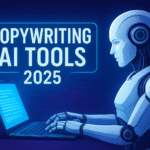


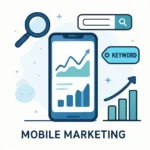




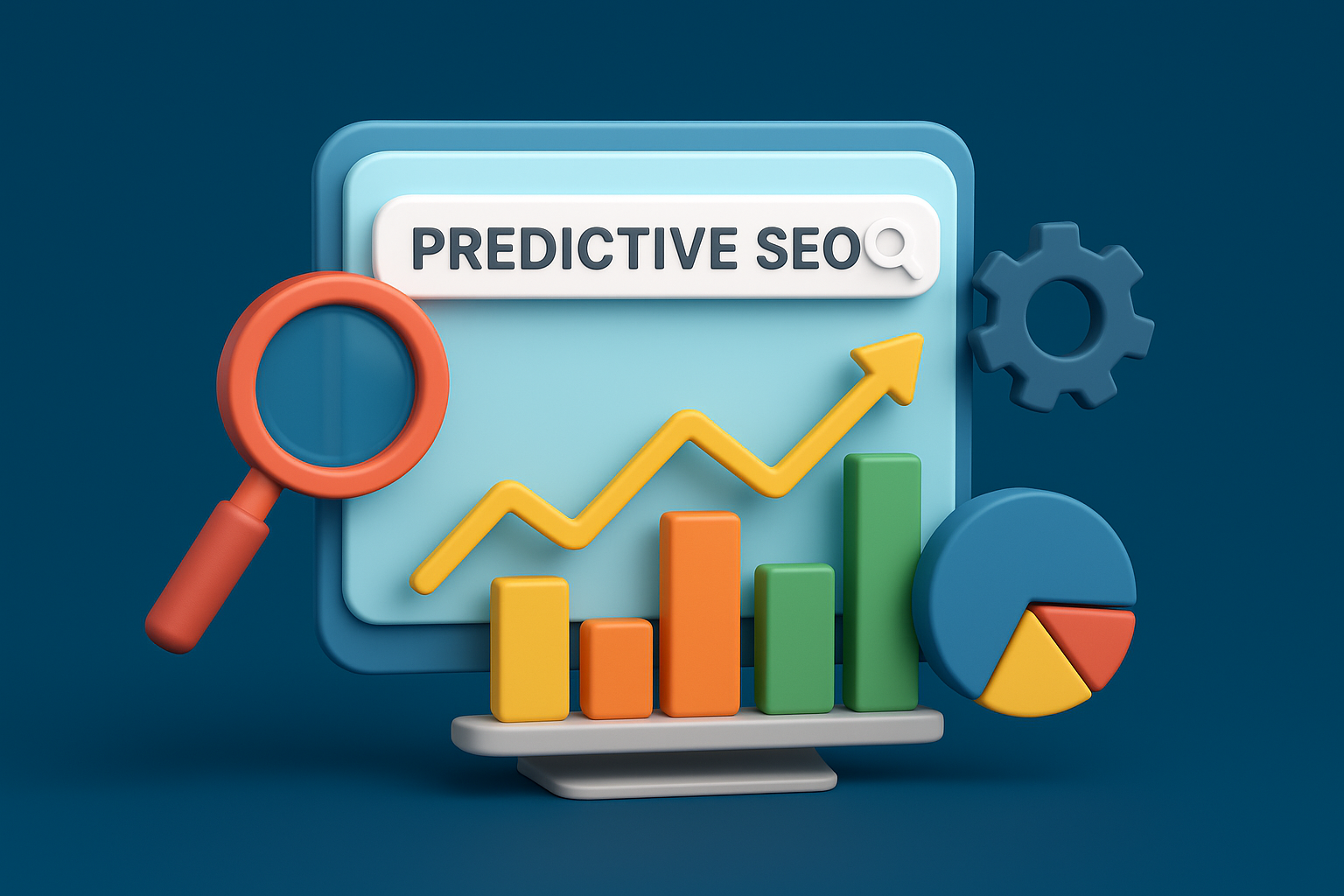
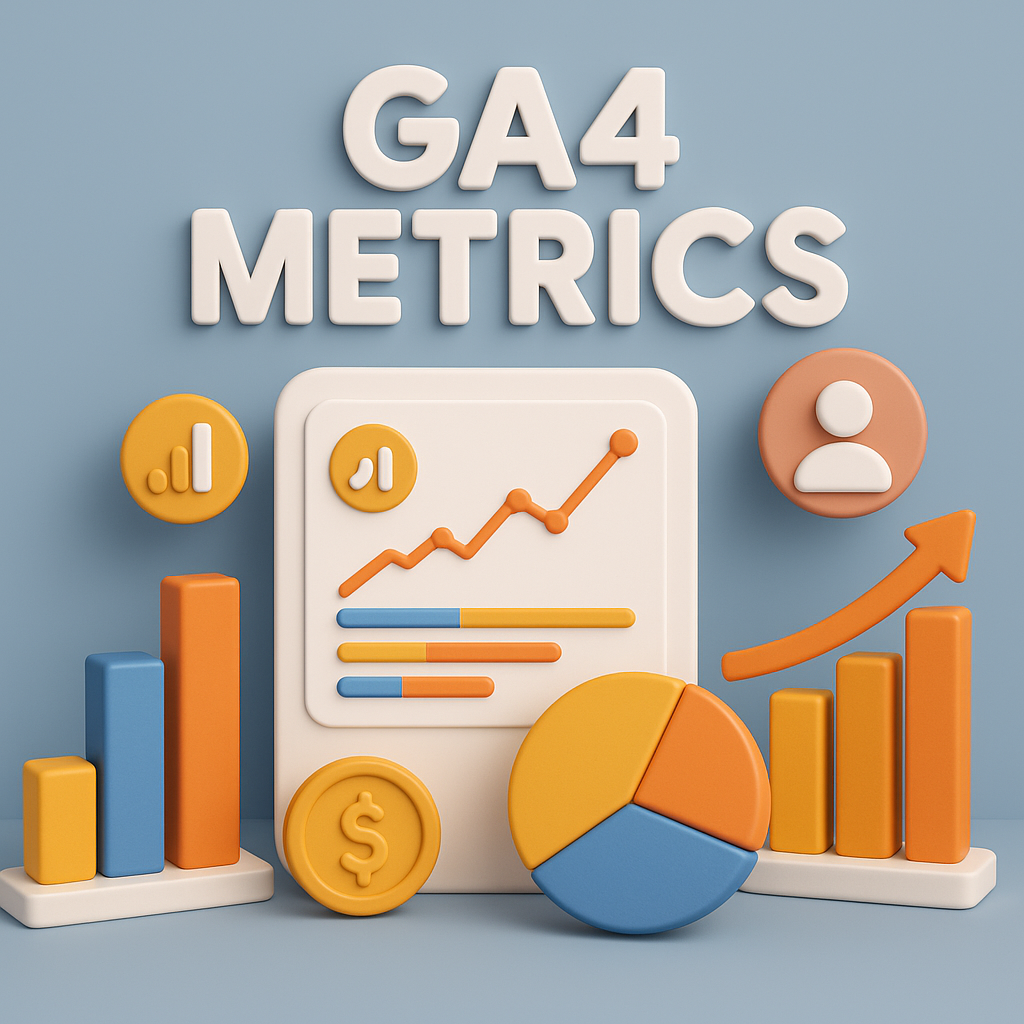

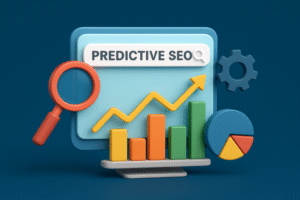

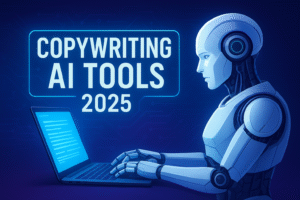


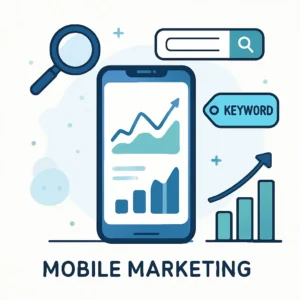



Post Comment